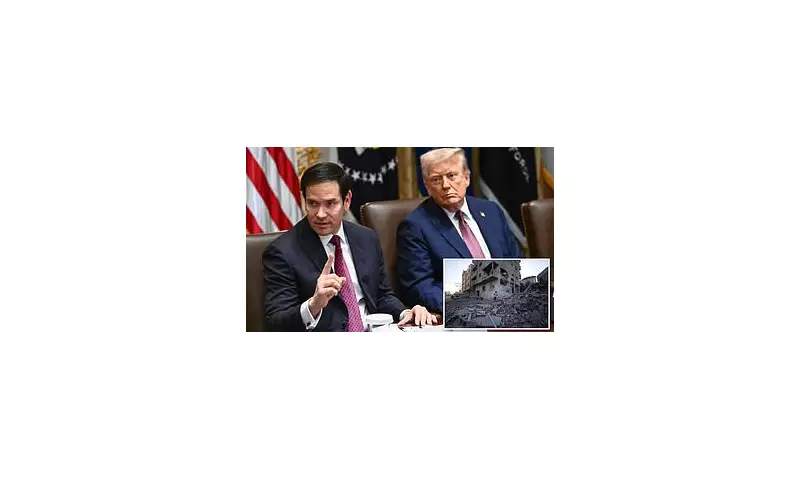
Former US President Donald Trump has forcefully rejected explosive claims that he personally intervened to block visas for Palestinian officials attempting to attend a United Nations meeting in 2018. The allegations, which have ignited a fresh diplomatic firestorm, were detailed in a forthcoming book by a former American diplomat.
The controversy centres on a planned UN session concerning the Palestinian Authority. According to the claims, Mr Trump's administration allegedly denied entry visas to a Palestinian delegation, a move interpreted by critics as a heavy-handed tactic to exert political pressure.
The Denial and the Source
Taking to his Truth Social platform, Trump issued a categorical denial. He labelled the reports as "fake news" and a "complete lie," asserting that he had no knowledge of the specific incident involving the Palestinian delegation and their visas.
The source of the allegation is a book penned by former US diplomat and Deputy Secretary of State, Tony Blinken. The book reportedly claims that then-US Ambassador to Israel, David Friedman, advised Trump to refuse the visas. The stated goal was allegedly to strongarm the Palestinian Authority into dropping a human rights investigation at the UN.
A Pattern of Policy?
This incident, if true, would fit within the broader context of the Trump administration's unequivocally pro-Israel stance. His presidency was marked by landmark and controversial decisions, including:
- Recognising Jerusalem as the capital of Israel and moving the US embassy there.
- Halting funding for the UN agency for Palestinian refugees (UNRWA).
- Brokering the Abraham Accords, which normalised relations between Israel and several Arab nations.
The visa denial story raises significant questions about the use of diplomatic tools to influence international bodies and pressure foreign powers.
Political Repercussions
The resurfacing of these claims comes at a sensitive time in US politics. As Trump campaigns for a return to the White House, his record on Israel and Palestine remains a pivotal issue for many voters and allies abroad. The denial seeks to quell any suggestion of diplomatic bullying, but the story is likely to fuel further debate about the extent of his administration's efforts to isolate the Palestinian leadership on the world stage.
The White House has yet to comment on the specific allegations from the book, leaving Trump's public rebuttal as the defining response for now. This story continues to develop as more details from the book emerge.





